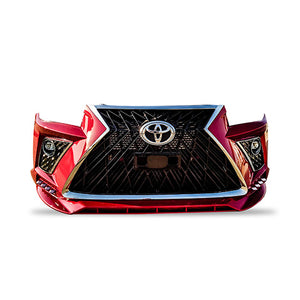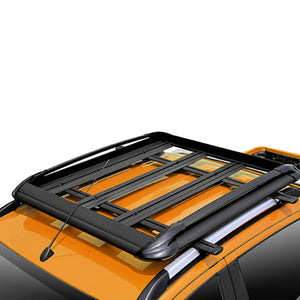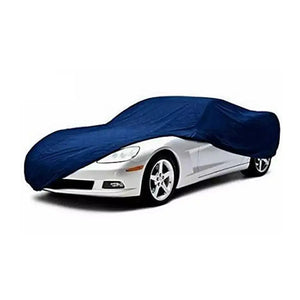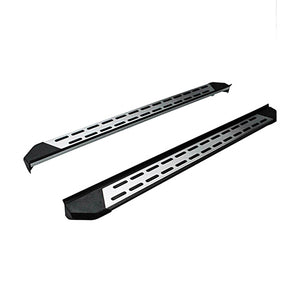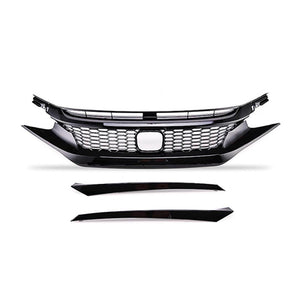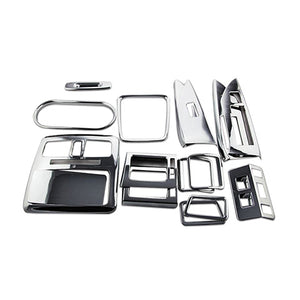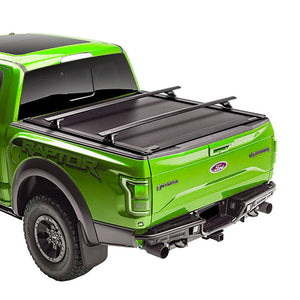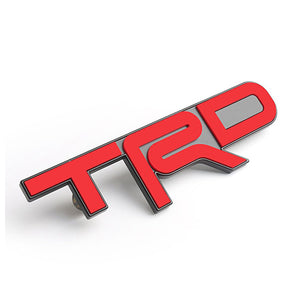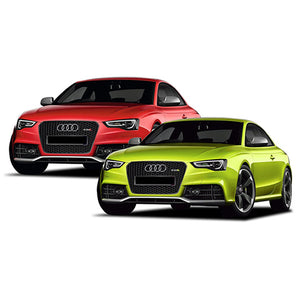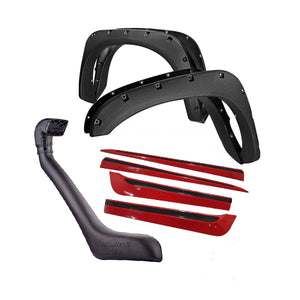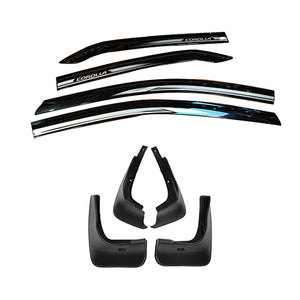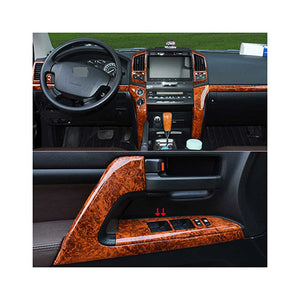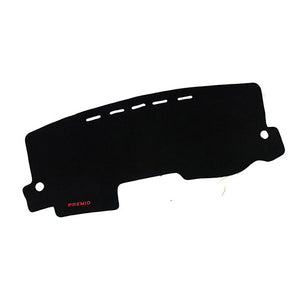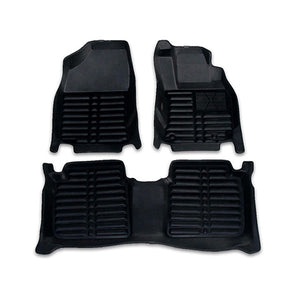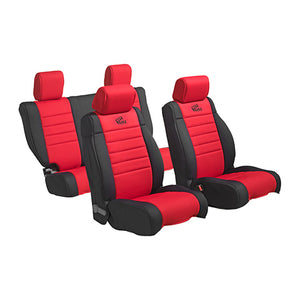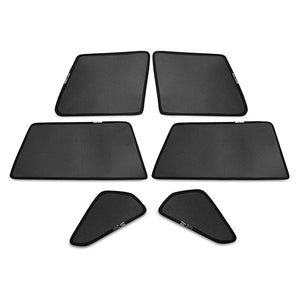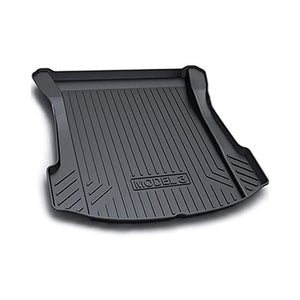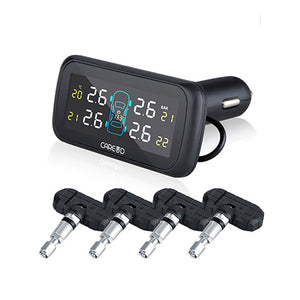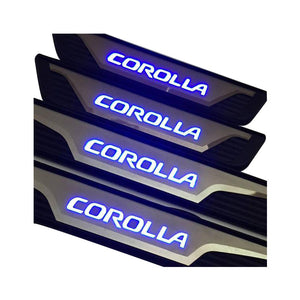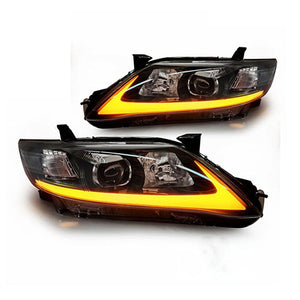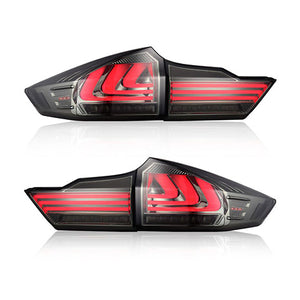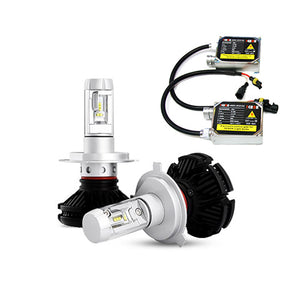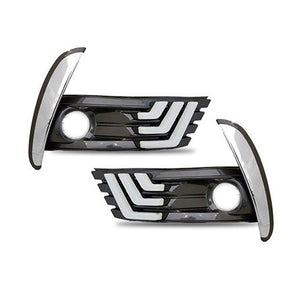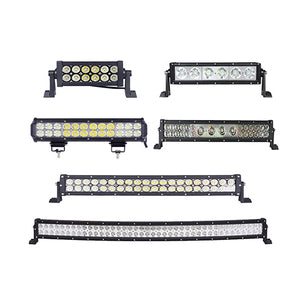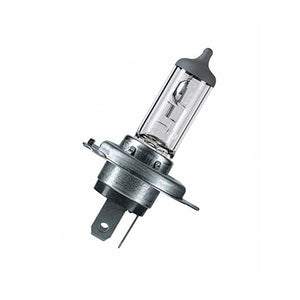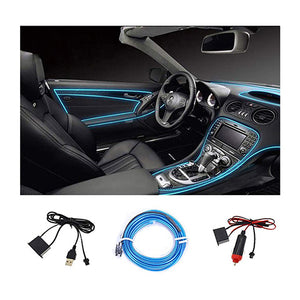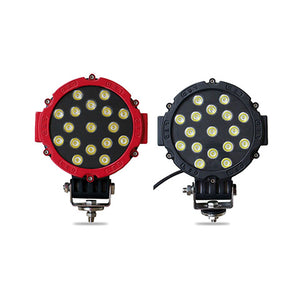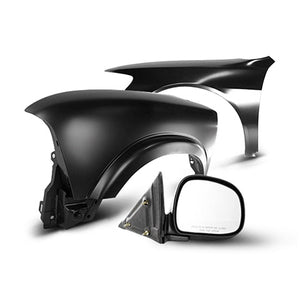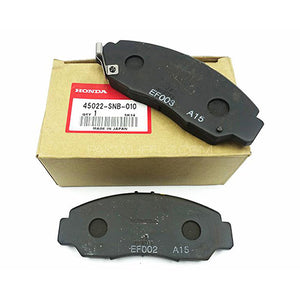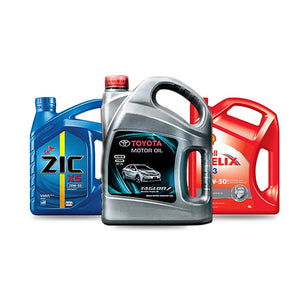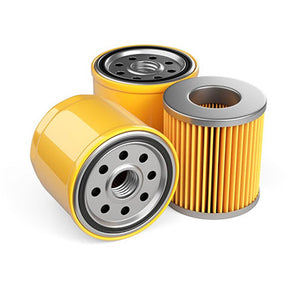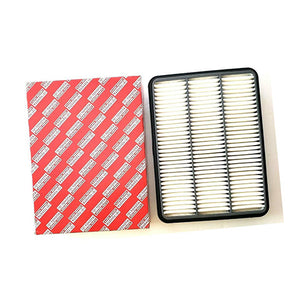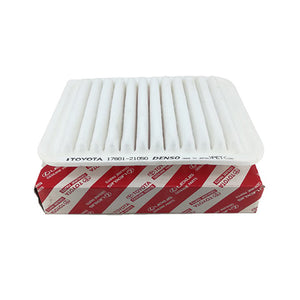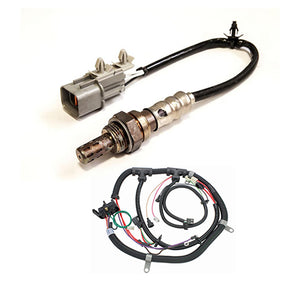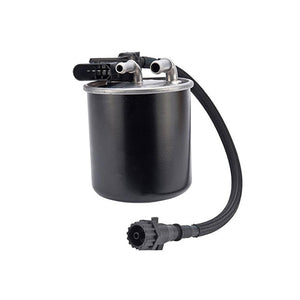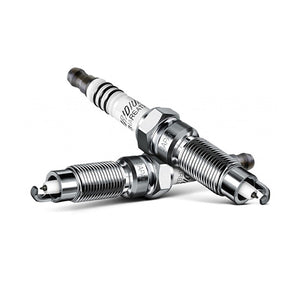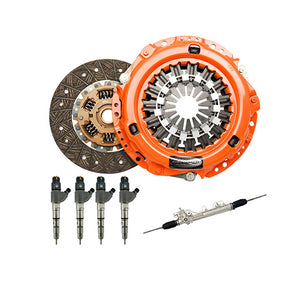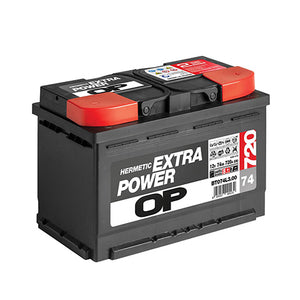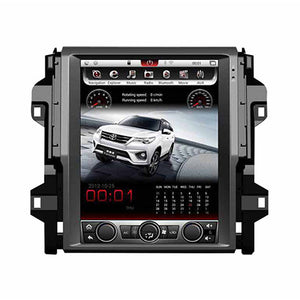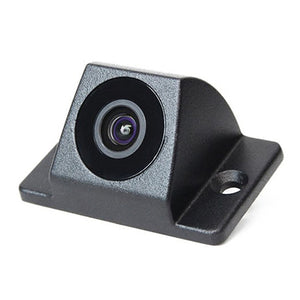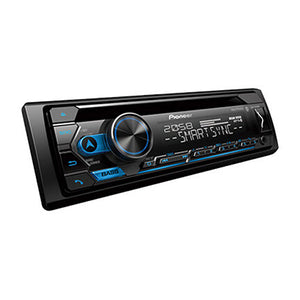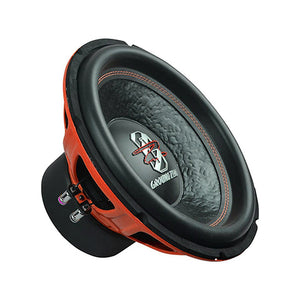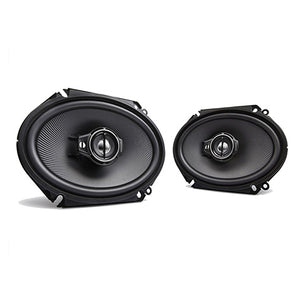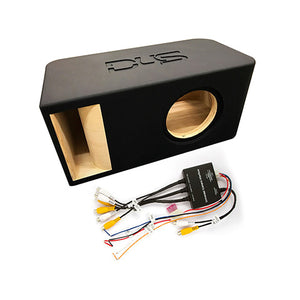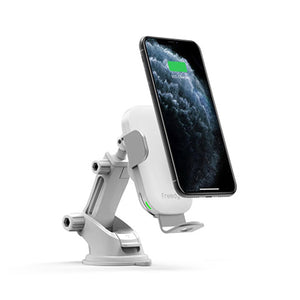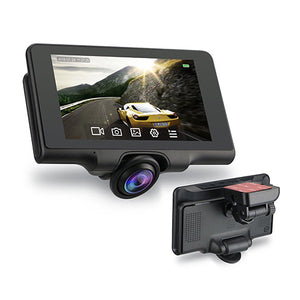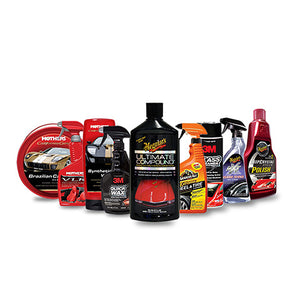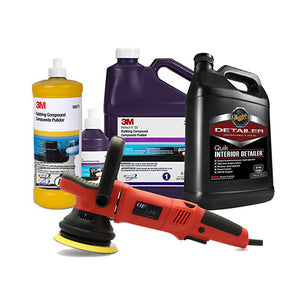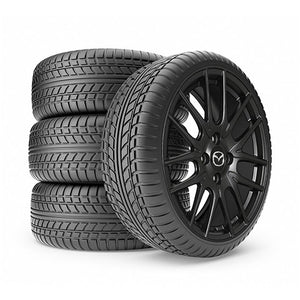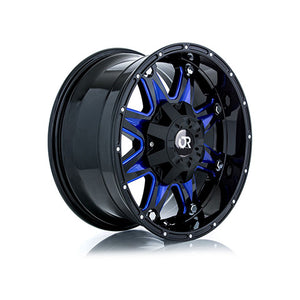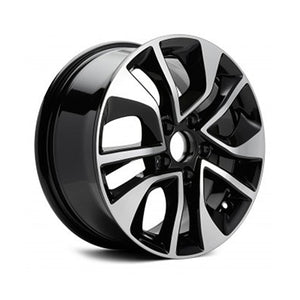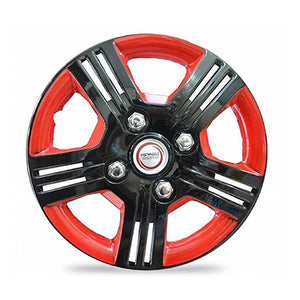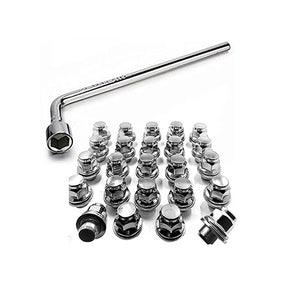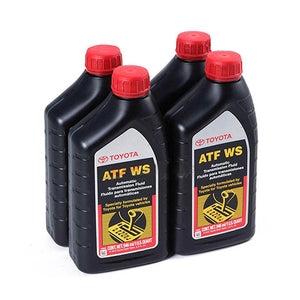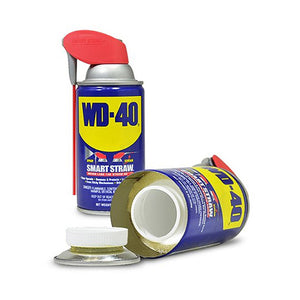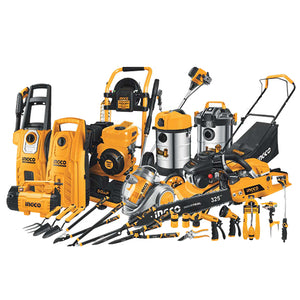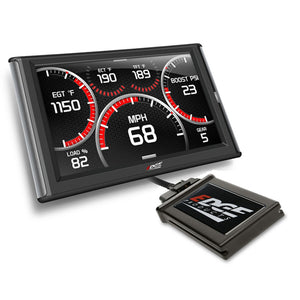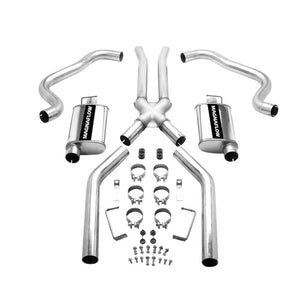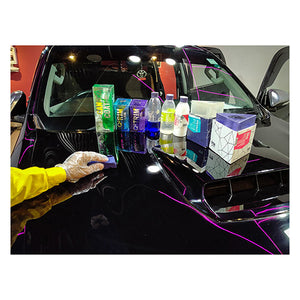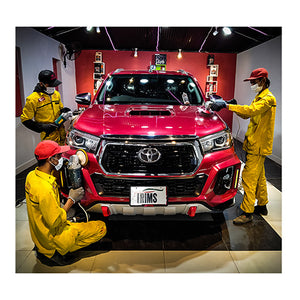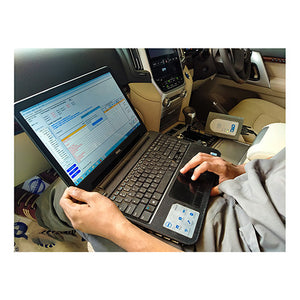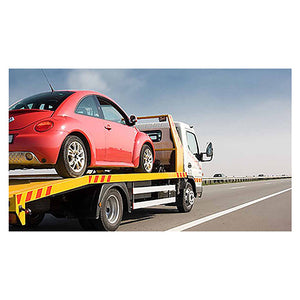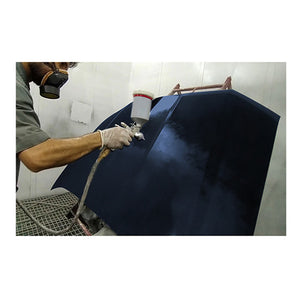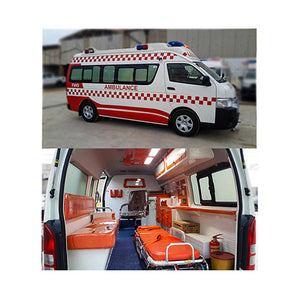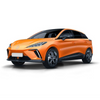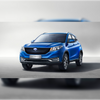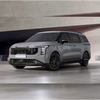The Electric Vehicle in Pakistan: Current Landscape and Future Prospects

Pakistan's automotive landscape is undergoing a significant transformation with the introduction and growth of electric vehicles (EVs) in the market. While Pakistan has long been a hub for traditional combustion engine vehicles, the recent surge in EV adoption is indicative of a promising future for cleaner and more sustainable transportation options in the country. In this article, we will explore the current players in the electric vehicle market in Pakistan, the challenges they face, and the government policies and initiatives aimed at fostering EV adoption.
Current Players in Electric Cars and SUVs Market
Audi

In April 2020, Audi made history by launching its e-Tron 50 Quattro, becoming the first electric car to debut in Pakistan. Audi Pakistan imports these EVs from Germany and offers a range of electric models including the e-tron, e-tron Sportback, e-tron GT Quattro, and RS e-tron GT.

BMW

BMW offers electric models such as the BMW IX, IX3, and I4 in Pakistan as Completely Built-Up (CBU) units through Dewan Motors.

Haval

Haval HEV H6 hybrid EV is assembled in Pakistan through a joint venture of Sazgar and Great Wall Motor.
Karakoram Motors

Karakoram Motors, based in Karachi, is the authorized assembler and manufacturer of Dynasty IT electric cars.
MG Pakistan

MG JW Automobile, a joint venture between JW-SEZ Group and SAIC motors, offers the MG ZS EV in Pakistan and has plans to introduce the Wuling Hongguang Mini EV.
Electric Scooters, Motorcycles, and Auto Rickshaws Market
Metro E-Vehicles

Metro E-Vehicles launched the Yadea electric scooter Metro T9 in Pakistan in 2023, assembled locally with technical assistance from Yadea.
Jolta Electric

Jolta Electric introduced Pakistan's first locally manufactured electric motorcycle in 2017. They also develop electric bike kits for retrofitting on existing motorcycles.
MS Jaguar

MS Group, in collaboration with Auj Technologies, launched electric bikes under the brand name Jaguar.
Neon

Neon, a Pakistan-based motorcycle assembler, introduced the all-electric Neon M3 motorbike, known for its emission-free and noiseless features.
Sazgar

Sazgar unveiled Pakistan's first locally manufactured electric rickshaw in January 2020, a significant step towards electrifying urban transport.
Vlektra

Vlektra is a Karachi-based company that manufactures electric bikes.
Possible Players in the Future
Nissan, Hyundai, and Renault are in discussions with the Ministry of Industries and Production to produce locally manufactured electric cars in Pakistan.
Rahmat Group has ambitious plans to produce electric cars, buses, vans, and trucks in partnership with Chinese manufacturers, including BYD.
Chongqing Changan Automobile Limited has partnered with Master Motors to assemble and sell their electric cars in Pakistan.
Al Haj Automotive Private Limited signed an agreement with Proton to launch their electric vehicles in Pakistan.
Dice Foundation, in collaboration with Technical Education and Vocational Training Authority (TEVTA), developed Pakistan's first indigenously designed and produced electric car, the NUR E 75.
Topsun Motors, in collaboration with China, has introduced Pakistan's first-ever electric car company.
Electric Buses

In August 2020, China's Skywell Automobile partnered with Daewoo Express to introduce electric buses in Pakistan. This initiative aims to address urban transportation challenges with eco-friendly electric buses.
Challenges Being Faced
Despite the promising growth of EVs in Pakistan, several challenges persist:
-
Lack of Awareness: Many consumers are unaware of the advantages of EVs over traditional vehicles.
-
Charging Infrastructure: The charging infrastructure for EVs is still in its infancy, limiting the convenience of electric vehicle ownership.
-
Shortfall of Electricity: Pakistan's electricity supply challenges, including load shedding, raise questions about whether the power grid can handle increased EV demand.
-
High Battery Costs: Imported lithium-ion batteries contribute to the high cost of EVs.
Government Policies
The Pakistani government has taken steps to promote EV adoption:
-
Automotive Development Policy 2016–2021: This policy encourages foreign investments and the entry of new automobile brands into the Pakistani market.
-
Electric Vehicles Policy of Pakistan 2020–2025: This policy offers exemptions and tax incentives to promote the manufacturing and adoption of EVs.
-
Charging Infrastructure Development: The government is planning to set up more charging stations at PSO stations across Pakistan.
Conclusion

The electric vehicle revolution in Pakistan is gaining momentum. With the support of government policies and initiatives, as well as the interest of both local and international automakers, Pakistan is on the path to a more sustainable and eco-friendly transportation future. As infrastructure and awareness continue to improve, electric vehicles are poised to play a significant role in the country's transportation landscape.





